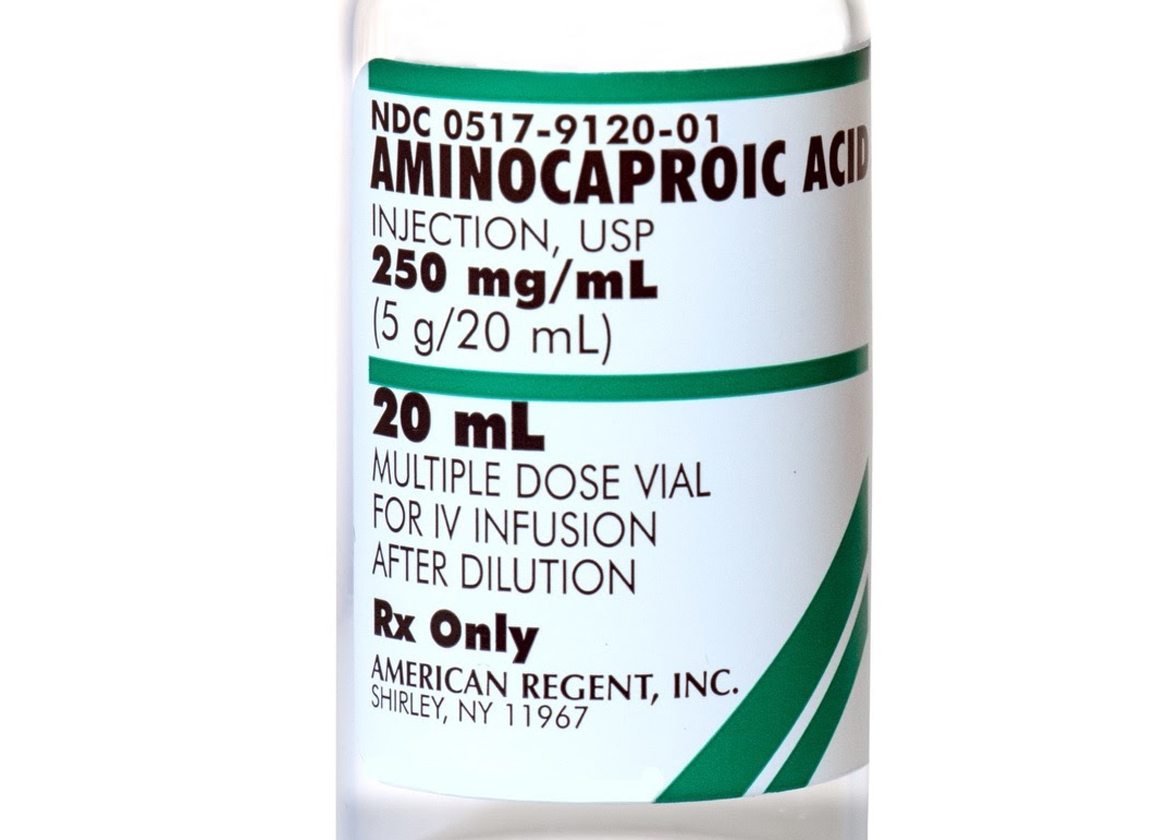Sixteen prominent Thoroughbred trainers have expressed their support for the Horseracing Integrity Act via an open letter "to the Thoroughbred Community" sent out Friday. The trainers who signed on are: Tom Albertrani, Christophe Clement, Ben Colebrook, Gary Contessa, Arnaud Delacour, Janet Elliott, Mark Hennig, Kiaran McLaughlin, Shug McGaughey, Ken McPeek, Tom Morley, Graham Motion, Todd Pletcher, John Sadler, George Weaver and Nick Zito. The letter reads: "Horse racing is at a pivotal moment in its long history in the United States. The past six months presented a string of events...
















